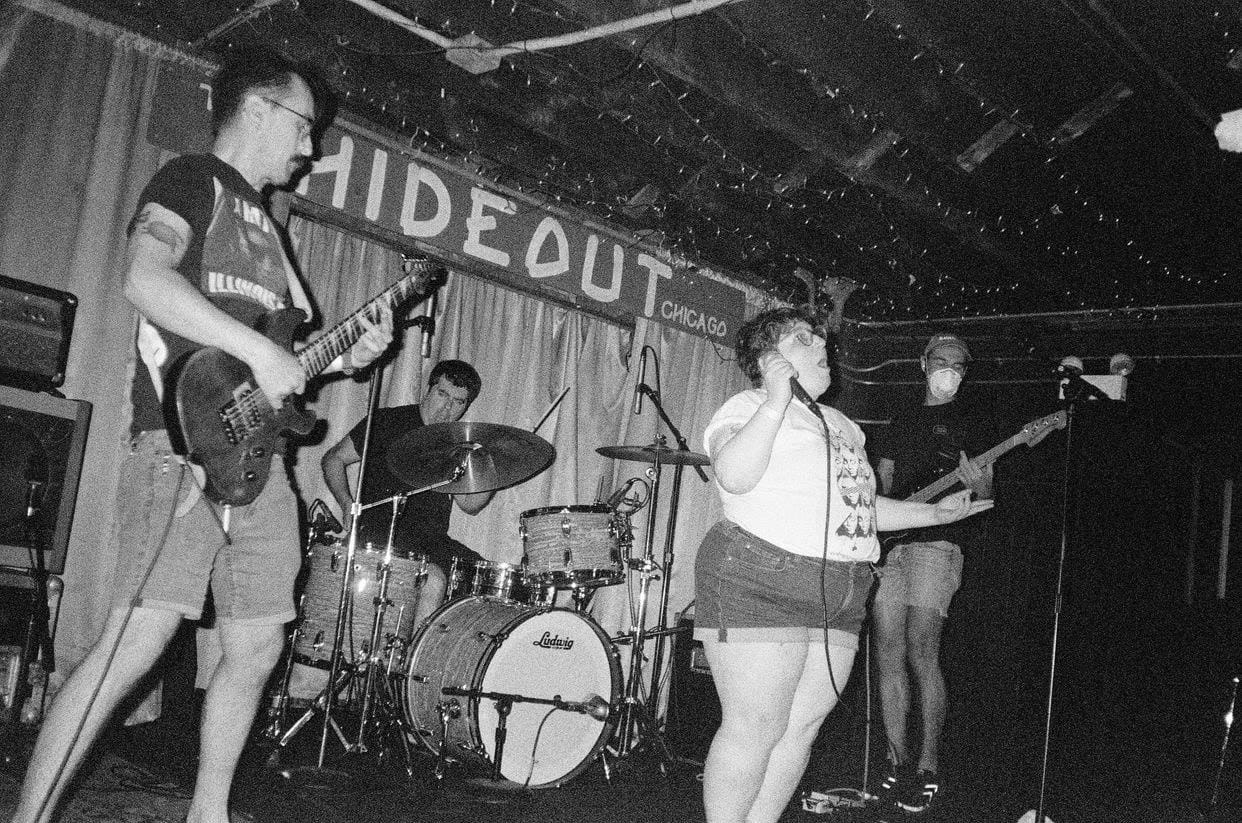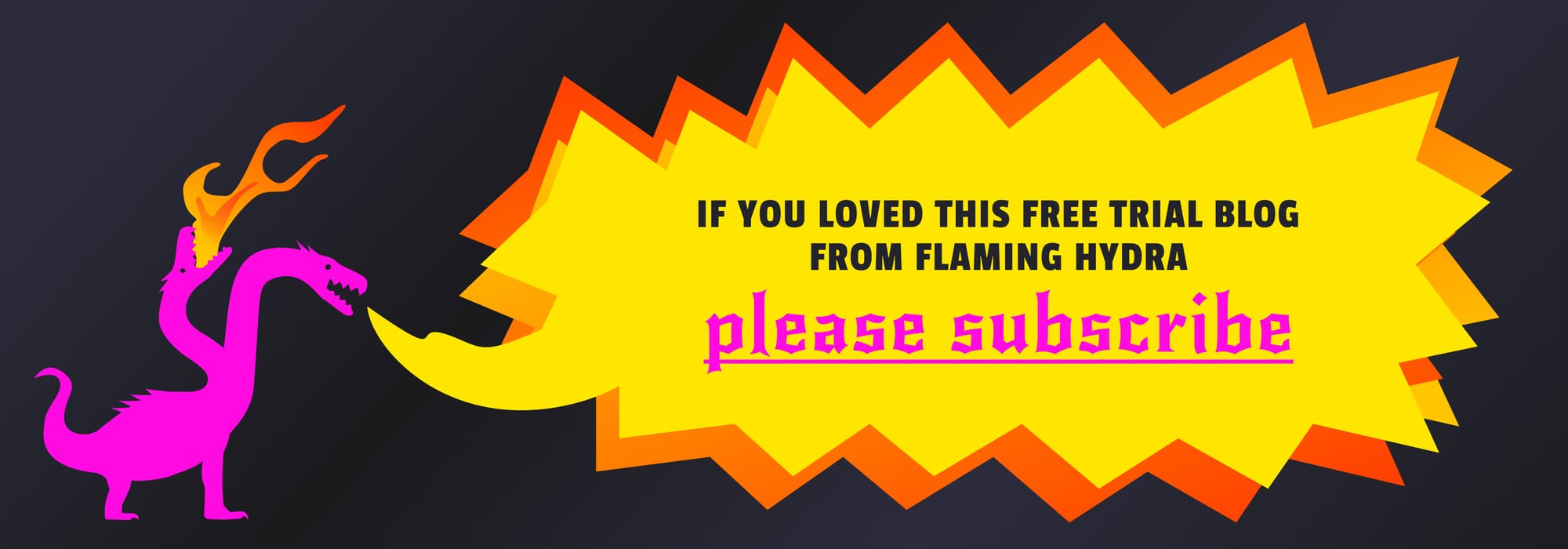Love + Work

by jj skolnik
I was laid off from my job in mid-October. This was both deeply painful, and something of a blessing. The previous year and a half had been particularly bad: the independent company I’d worked for was sold to a giant megacorporation, which then divested it to another concern that laid off 50 percent of our workforce. Over nearly eight years, I’d become completely emotionally, personally enmeshed with my job. I’d been burnt out for a long time.
I still liked the day to day of my work, but as the most digitally visible member of our team, I’d long felt I bore a particular weight and responsibility. I tried my best to answer customer service questions, or at least steer people towards the right department. That wasn’t my job, but I constantly pushed the parameters of what my job was further and further out. I found myself checking my work email and responding at midnight, or answering Twitter DMs on the weekends. “You’re the only person that responds,” some people said. I could never truly unplug; just coming into work became a matter of dissociation.
Part of the job is nightlife, and because so many people come to work in music because of our love for it, it can be difficult to disentangle social relationships from work relationships. Both journalism and the music industry are terrible about this: one’s “personal brand” (a term I deeply hate) is unpleasantly entangled with one’s company brand. And because the infrastructure for both media and music is a shadow of what it was even a couple of decades ago—the digital shift has changed the way creative work is valued—I felt I had a rare position of power, both in terms of assigning work to freelancers, and covering a musical world that only a handful of big outlets still covered. I knew I was lucky, but I also felt a gnawing responsibility. It was all conflation, all the way down.
My parents are both musicians, and it’s always been a connective tissue in our family, from listening to records together to learning instruments. I got into punk as a young teenager and raving as an older teen, and learned that while underground musical scenes do not exist outside the bullshit of the larger society, they can also provide a life worth living, with strong friendships, mutual support, and the beauty that is making art together.
Just a few months ago, my band played a show with our friends at the public library. Another friend and former bandmate (now in this terrific group) showed up with a HEPA filter. Punks brought their kids; curious library patrons wandered in and ended up staying. Playing music with my friends is one of the most fulfilling feelings in the world for me, just pure joy, but playing it in one of the few real third spaces we have left in this country felt even better.
I shed my skin performing. In that moment, for a moment, I didn’t care about my body (awkward) or how much I was sweating (copiously) or the fact that we were in a fluorescent-lit room with beige carpeting and grade school-style Halloween decorations (charming, but not what you might think of when you think of a punk space). I didn’t feel self-conscious. I felt home.
This is what I brought to Bandcamp, what I gave it, and what it could not take away from any of us. Underground music is vital because it is an experience that cannot be replicated in capitalist language. No matter how much one tries to distill it down to a matter of commodity exchange—there is nothing that can capture the joy of a bunch of freaks making the music they want to make and sharing that in community with one another. This is true no matter how much money is poured into it. Money isn’t what makes it grow.
Every job encourages the blurring of self and job to some degree. My old workplace was a small mission-driven startup when I was hired there in 2016, and it capitalized on its employees’ relationships to underground music communities as it grew. Contemporary employers of a certain stripe like to exhort the importance of work-life balance, but it is the nature of a workplace like my old one—it is, arguably, the nature of every workplace—to manipulate our senses of self in ways that keep us working past eight hours, in conditions that exist outside the possibility of challenge. If we question the conditions, we open ourselves to accusations of disloyalty; but beyond that, the conflation of work and life in your own mind makes those questions difficult even to frame.
When workers organize to try to gain collective power at work, and start to draw the appropriate distinctions a bit more clearly, we can win some of that power back. We can also find ourselves in the situation I’m in now.
You probably know, and have probably experienced yourself, where this all ends up. Being salaried often means being “on” all the time, every moment. Unlimited vacation policies are largely scams that actually prevent workers from taking time off. The work still needs to get done, but departments are cut to the bone as a matter of course, or habit; workloads increase and/or deadlines are added with no increase in personnel. While my own boss was thoughtful about workload, there were never enough of us to do it. Even on vacation, II had to sort more than 500 emails every day, or court insanity when I got home. It has taken me months to stop checking my work email, even though that inbox no longer exists.
I loved writing and assigning articles about underrepresented artists, labels, and scenes. (I may do some of that work again in this very newsletter.) I loved working with people who were as deeply passionate about underground music as I am. People partially understand ourselves through our work—it helps determine our class positions, our networks, the material reality we have access to, and it shapes our days. But it is not and should not be the totality of our being, and we should be wary of the ways employers seek to keep that boundary between work and life indistinct.
My path to appearing on an editorial masthead was a long and strange and unexpected one. I did not go to journalism school, and I’ve had a lot of Jobs. And I am glad of that; while I have done professional class work, I have also done plenty of non-professional class work. I do not see one as worthier than the other, nor do I feel adrift because working in media is all I’ve ever known and there is so little of it left. There are many routes in front of me right now, and while none of them promise stability, that’s fine; I know that stability is an illusion.
While it’s clear employers are pushing back hard against a new wave of organizing, I have faith in the reinvigorated labor movement, especially when we specifically draw lines of solidarity between workers with more privilege and better conditions and workers with less privilege and worse conditions. (Think about Amazon engineers supporting Amazon warehouse workers, for instance.) And I am thankful to have had the resources and space—thanks to my union—to be able to reclaim myself, to focus on healing from severe depression, and to reflect over these last months. That’s something I’ve never had after a layoff before; I’ve always had to take the next job that was available as fast as possible, no matter what the pay or conditions. Every worker deserves this type of dignity. The only way to achieve that is to keep fighting.
And I have faith in worker-owned projects like this one. I have faith in solutions we haven’t even dreamt up yet. “Another world is possible,” or must be, in order to keep going. If work inherently can’t be a place of stability, it might still be a space for some useful tumult.
Recommended reading:
Blood in the Machine: The Origins of the Rebellion Against Big Tech
American Precariat: Parables of Exclusion
You Deserve a Tech Union

